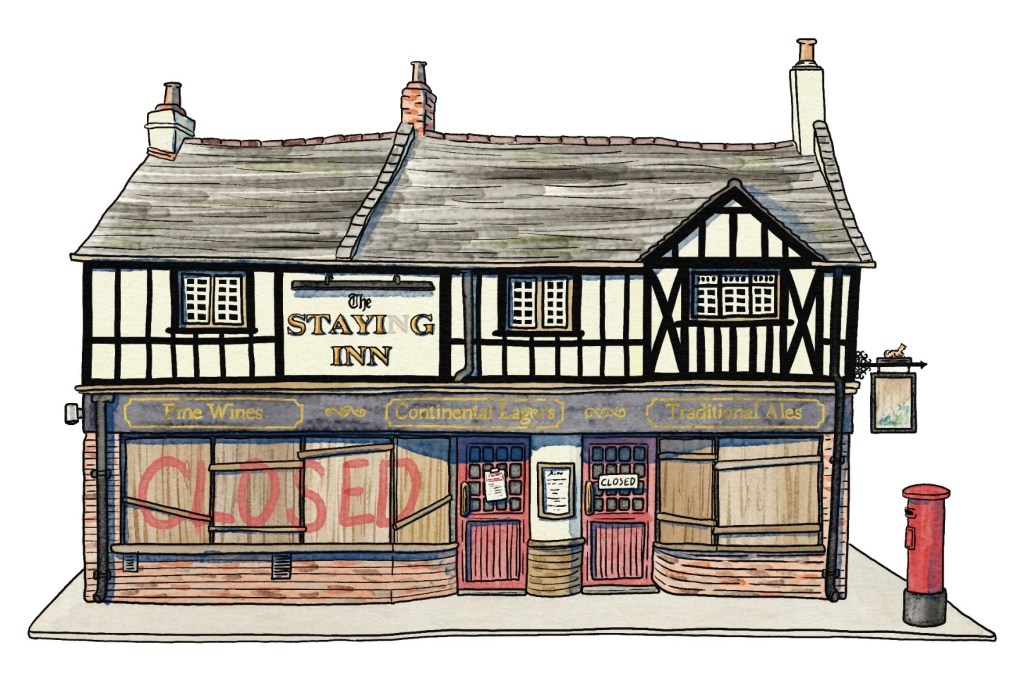If Big Brother is watching you, who is watching Big Brother? A coalition of the willing has come together to challenge the Metropolitan police over plans to use facial recognition technology to prevent disorder at this weekend’s Notting Hill Carnival. Civil liberties and anti-racist groups have written an open letter to the Met Commissioner Sir Mark Rowley raising ‘significant concern’ over both the concept of mass surveillance at the festival and claims that the technology is racially biased against people in ethnic minorities.
We should not dismiss these allegations lightly. Nevertheless, there is an obvious and compelling policing purpose to using every tool available to prevent the anarchic brutality which has come to signify this event more so than the celebration of British Afro-Caribbean culture it was created for. In the last three years alone, an estimated two million people have been packed into west London’s streets over the Bank Holiday weekend each year for what is Europe’s largest street festival. Stabbings, sexual assaults, injuries to police officers and arrests take place almost every single year.
Notting Hill Carnival cannot be too big to fail the basic public safety test
The signatories to the open letter do not mention any of this violence in their critique. They are oblivious to the fact that the Met has essentially said, in their announcement of the creation of ‘safe spaces’ for sexually assaulted women the threat is endemic and has to be lived with rather than stopped at source.
The human damage of permissive violence is plain to see. Cher Maximen’s three-year-old daughter will grow up without her mother, after she was murdered last year trying to protect her from a mass brawl between young men armed with zombie knives that erupted right in front of police officers. At the trial of the perpetrator, now starting a 29 year prison sentence for her killing, it was reported that Cher had raised concerns for her safety with one of the few officers in the vicinity. She was killed on the festival’s ‘Family Day’. The judge said:
Just watching the body-worn camera footage was a deeply unnerving experience. To have been there, trying to protect the public, must have been infinitely worse.
Many people who defend Carnival as an unimpeachable feature of our multicultural heritage and treat any criticism as at least racism-adjacent will point to other events with higher per capita arrest rates. But the offence profile for comparable festivals is not remotely the same. Gangs tooled up with machetes do not roam the grounds of Glastonbury looking for trouble.
Notting Hill Carnival cannot be too big to fail the basic public safety test. The open letter to Rowley is littered with basic misunderstandings of the type of facial recognition technology that is to be used or the safeguards against misuse.
The system will passively scan the faces of those entering the carnival’s precincts and alert officers if there is a positive result in terms of people wanted for knife crime, rapes, muggings and those suspected of other serious offences. The vast majority of people attending are more likely to be reassured by this measure and the right people are more likely to be deterred. As with all public surveillance systems, the processing of data is governed by strict privacy legislation. Non-matched facial images will be deleted almost immediately. As to inbuilt racial bias, the open letter rather bizarrely singles out a version of the technology that might be prone to false positives disproportionately targeting non-white revellers, before going on to admit that system won’t be deployed by police this weekend.
Seven thousand police officers will be removed from communities and high streets to police this three-day event across the weekend at a cost to Londoners of around £11 million. The Met’s union, the Police Federation, has said the sheer density of attendees means colleagues at the event can’t see or aid each other who are standing six feet apart. No safe space for them, at ‘the mercy of the crowds’.
There can’t ever be an acceptable level of violence and thuggery at these events and the Met must not shy away from a robust policing posture to protect the people attending who don’t want to get off their faces on drink and drugs to start lethal fights. That’s of far greater importance than the bruised sensibilities of activists who show no understanding of the brute realities of a young mother dying on the altar of sanctified mayhem.








Comments